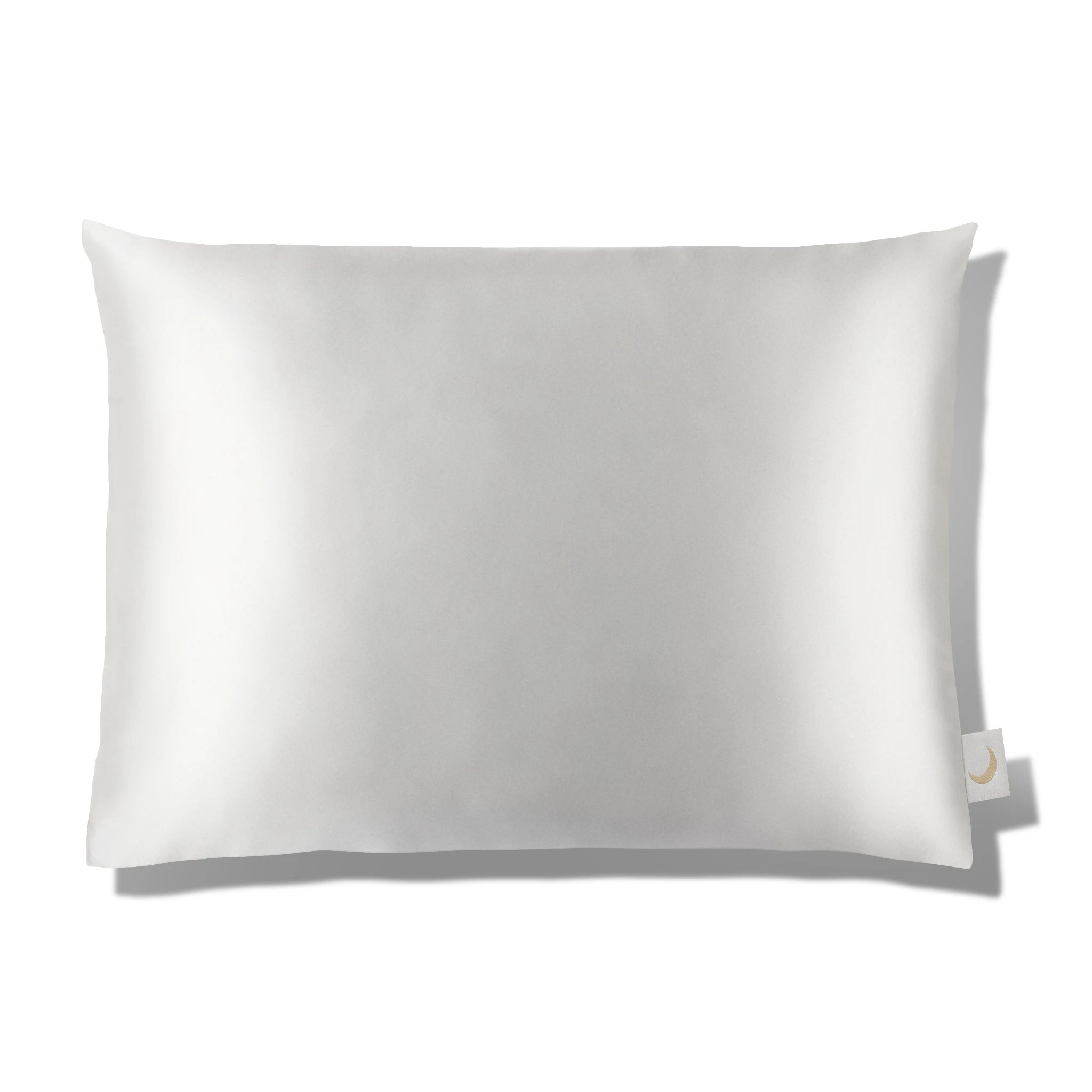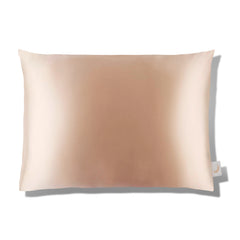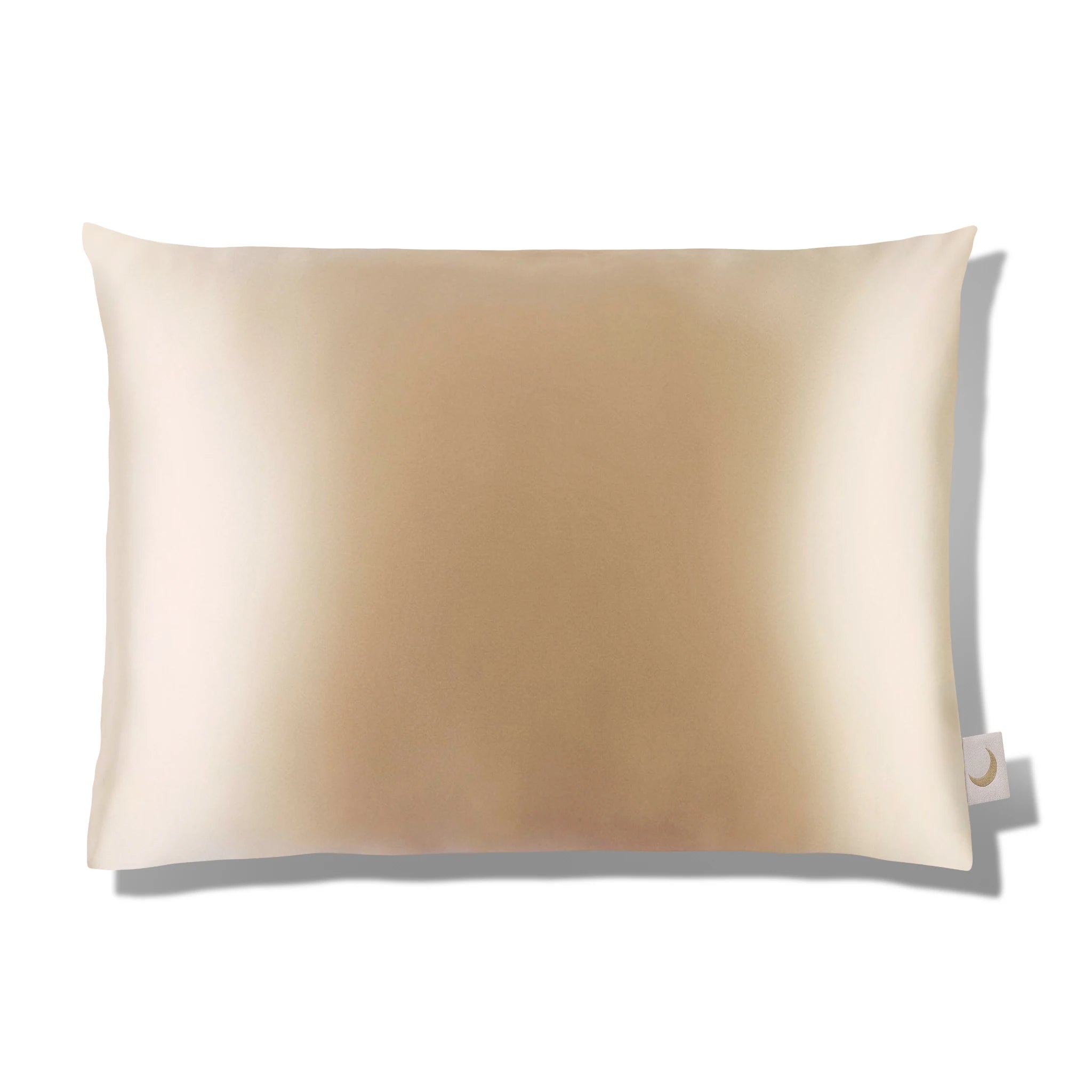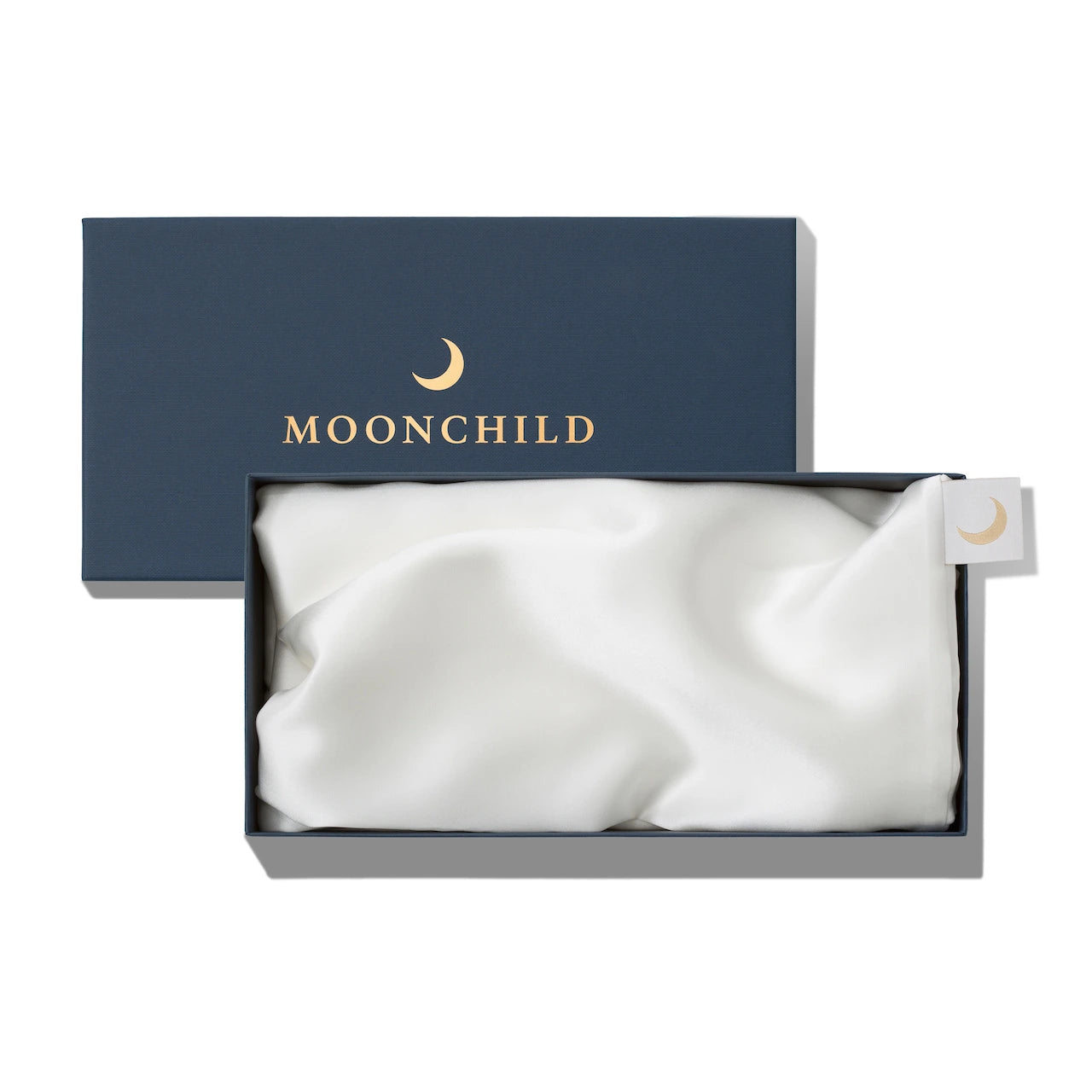Acne scars can feel like reminders long after breakouts have healed. They vary in depth and appearance, from faint discoloration to more textured marks. While completely erasing scars can take time, the way you care for your skin, nourish your body, and support restorative sleep plays a powerful role in healing. Here’s how you can gently reduce scars and encourage clearer, healthier skin.
Understanding Acne Scars
Not all acne scars are the same. Acne scars can appear as:
-
Post-Inflammatory Hyperpigmentation – Dark spots that fade over time.
-
Atrophic Scars – Indented scars caused by tissue loss.
-
Hypertrophic Scars – Raised scars from excess collagen during healing.
Each type responds differently, but skincare, diet, and sleep all contribute to how well your skin recovers.
Acne Scars Skincare Practices for Smoother Skin
Gentle, consistent skincare can help reduce the visibility of acne scars:
-
Exfoliation – Chemical exfoliants with AHAs or BHAs remove dead skin and brighten the tone of acne scars.
-
Retinol – Stimulates collagen production, helping soften indented acne scars.
-
Vitamin C – Reduces hyperpigmentation of acne scars and supports overall radiance.
-
Sun Protection – Daily SPF prevents acne scars from darkening and becoming more permanent.
-
Massages – Massages enhance oxygen flow, improve skin elasticity, and effectively smooth out acne scars.
-
Silicone – applied as gel sheets or topically, promotes moisture retention and supports collagen regulation
Consistency is key—results often take weeks or months, not days.
Diet’s Role in Healing Acne Scars
Heal acne scars from the inside! The health of your skin is deeply connected to what you eat. Certain nutrients help repair tissue and reduce inflammation:
-
Vitamin A & Zinc – Support skin renewal and healing.
-
Vitamin C & E – Protect against oxidative stress and aid collagen formation.
-
Omega-3 Fatty Acids – Reduce inflammation and support overall skin health.
-
Antioxidant-Rich Foods – Berries, leafy greens, and nuts help skin fight free radical damage.
Limiting sugar and highly processed foods can also minimize inflammation that slows healing.
How Sleep Helps Repair Acne Scars
During deep and REM sleep, your body increases cell turnover, produces growth hormones, and repairs skin tissue, hence acne scars. Lack of sleep, on the other hand, raises stress hormones like cortisol, which can worsen breakouts and slow acne scar healing.
Tips for supporting skin through sleep:
-
Stick to a consistent sleep schedule.
-
Change pillowcases regularly to prevent bacteria buildup.
Professional Treatments for Stubborn Acne Scars
If acne scars remain prominent despite lifestyle changes, these treatments may help:
-
Microneedling – Boosts collagen for smoother skin.
-
Chemical Peels – Improve skin tone and texture.
-
Laser Therapy – Targets deeper scars and stimulates healing.
Always consult a dermatologist to choose the safest and most effective option for your skin type.
Gentle Steps Toward Clearer Skin
Acne scars don’t define you—they’re part of your skin’s healing journey. With mindful skincare, nourishing foods, and consistent sleep, you can gradually smooth scars and restore your skin’s natural glow. Small daily choices build long-term change, helping you feel more comfortable and confident in your skin.




















